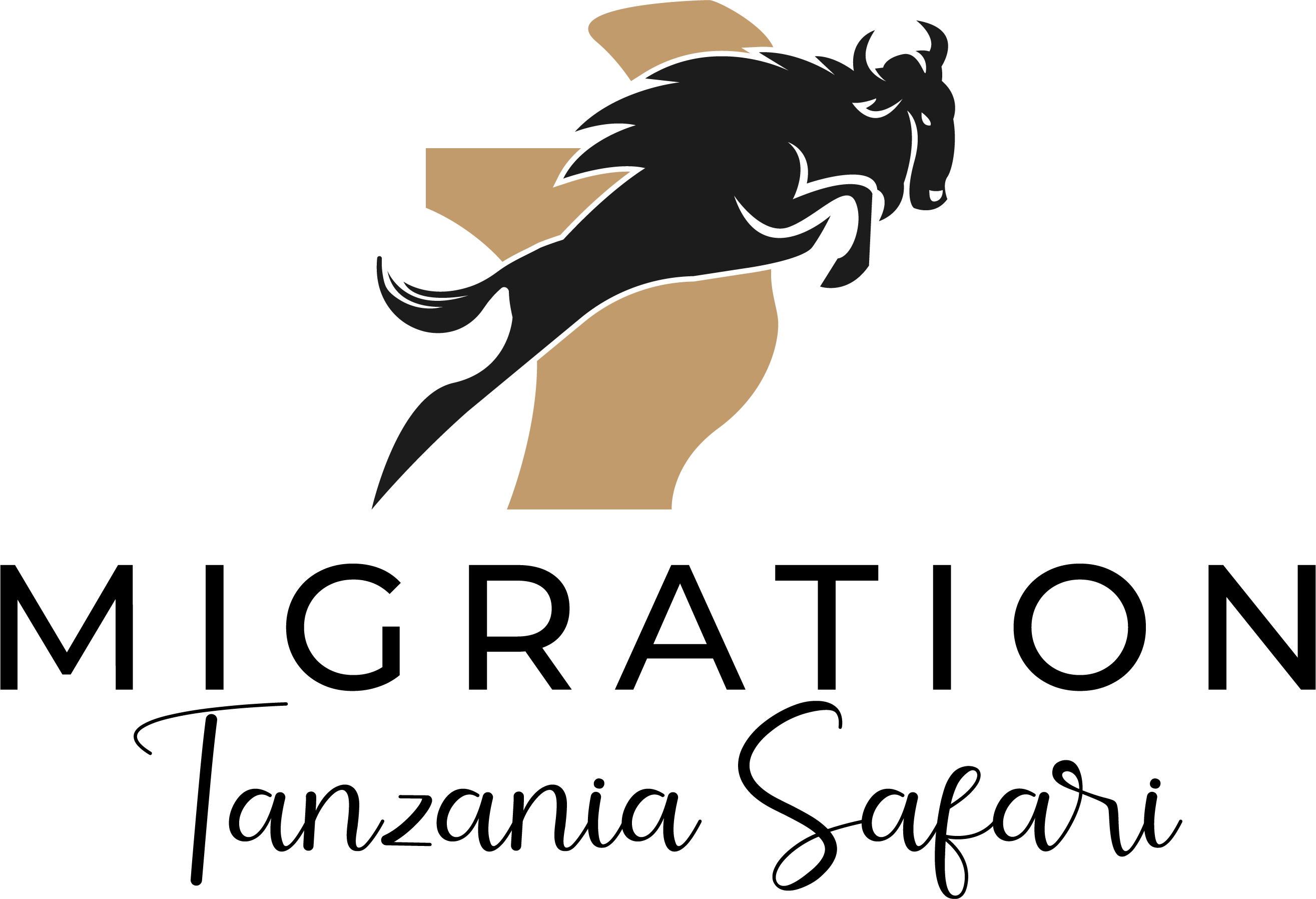
The information on this page is provided as a guide, however we recommend you consult your physician at least 6 weeks before travel to ensure you have all the right immunisations.
As well as ensuring all your primary courses and boosters are up to date (tetanus, Hep A), you should consider protection agaisnt malaria. There is a risk of malaria in all areas below 1,800 metres in Tanzania which includes all safari destinations.
Taking malaria precautions is essential. You should avoid mosquito bites by covering up with clothing such as long sleeves and trousers, particularly after sunset. It is also advisable to sleep under a mosquito net and to use mosquito repelent. Do talk to your doctors about suitable antimalerial tablets.
The COVID situation is changing rapidly throughout the world and we aim to keep this as up to date as possible. However, we always recommend following your goverment guidelines. Currently the Tanzanian goverment does not require you to quarantine or provide a negative COVID test, however, they are screening temperatures upon arrival.

We believe Tanzania is a safe country to visit. After all, over 1 million tourists visit Tanzania every year, and most visits are trouble free.
As is the case across the world, most crime is committed in the cities, and it generally involves petty theft and pickpocketing. However, since you will be travelling with us on a guided tour you are unlikely to encouter any problems.
It is our responsability to ensure your safety whilst at the same time guarantiing you have a good time. We do ask that you follow our instructions, particularly when around wild animals.
If you do venture out in a city on your own then we advice you check with your hotel whether the streets you plan to walk along are safe. Avoid walking down dark alleyways and don’t carry any valuables with you. Only take as much money as you will need for your specific activities. But more than anything relax and enjoy the friendly hospitality of Tanzania!
